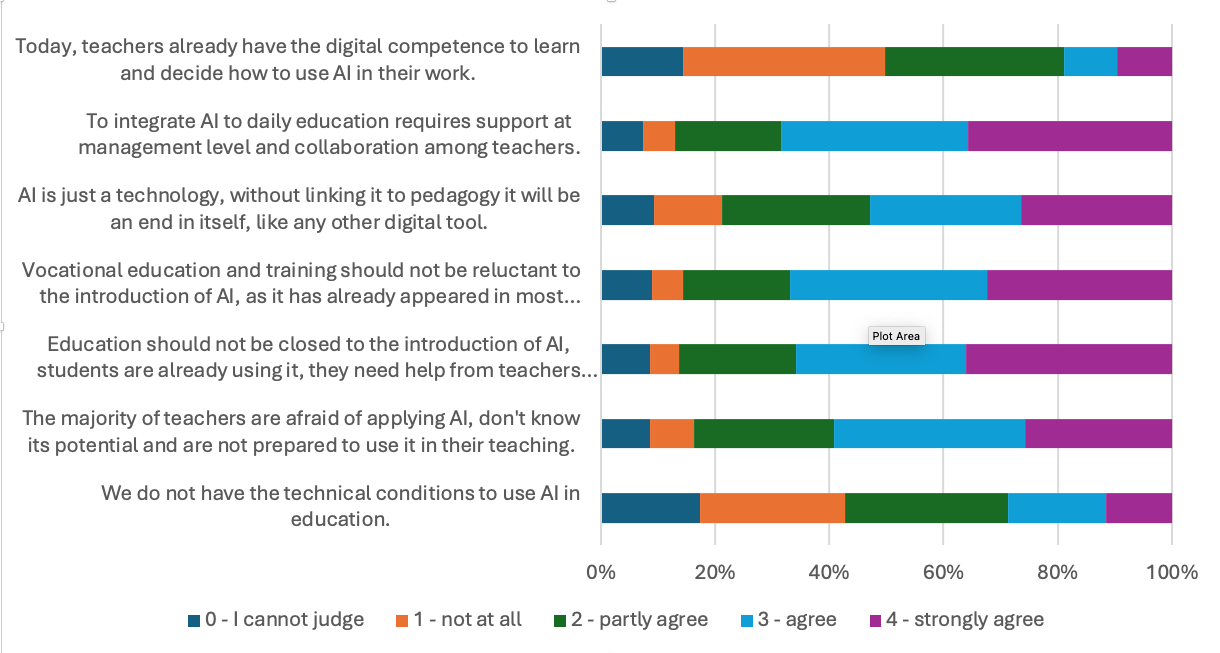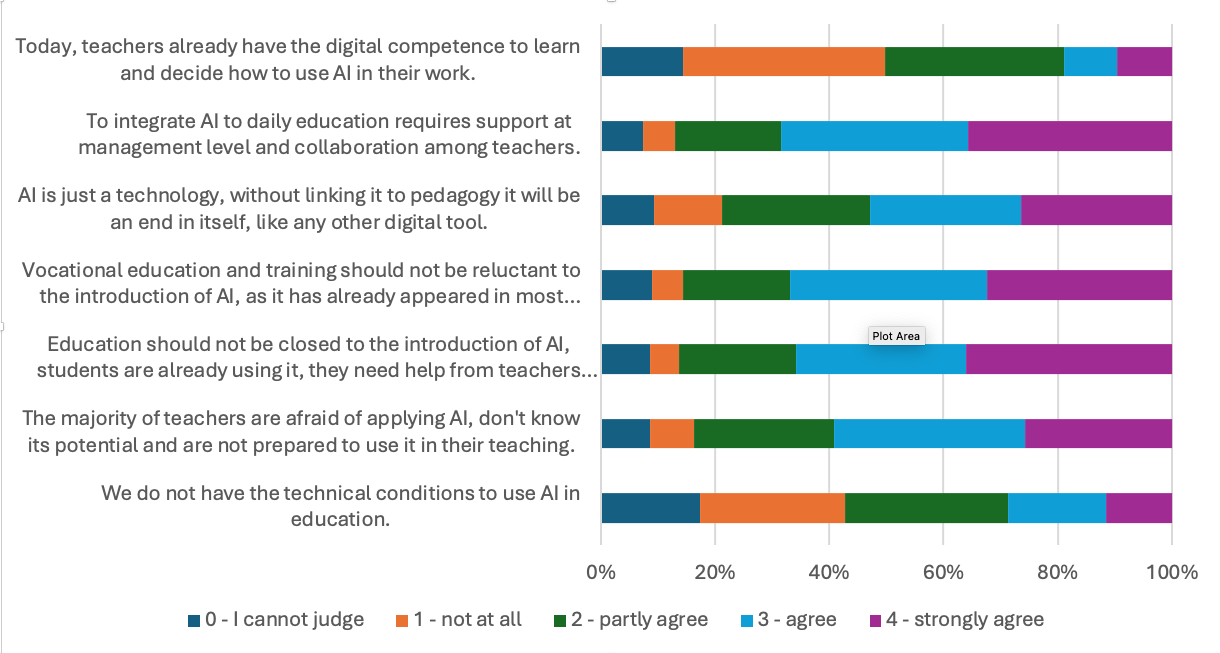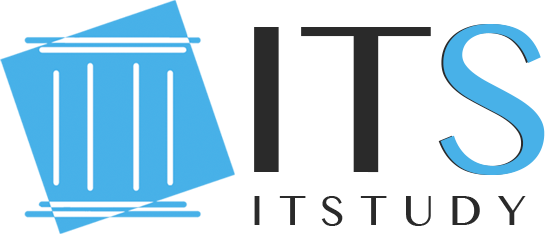
LS4VET: Teachers’ Collaboration through Lesson Study for Improving the Quality of Vocational Education and Training
The aim of the LS4VET project is to develop an innovative methodology for the development of VET teachers and trainers by adapting the Japanese Lesson Study method.
The rapidly changing needs for work skills, the transformation of jobs and the fact that it is becoming increasingly challenging to motivate and educate learners, many of whom come to VET with a history of school failure and a lack of basic competences, are creating a need to rethink teaching and learning in VET.
In order to provide effective and high quality VET, trainers need to continuously develop not only their subject-specific competences, but also their pedagogical-methodological skills.
There is growing evidence that schools in which teachers work in collaboration, and thus accumulate considerable 'professional capital', perform better than those in which teachers work in isolation. One particularly promising form of teacher professional development is teacher research based on teacher collaboration.
In the LS4VET project, we are adapting the methodology of teacher research to the vocational education and training sector, with the aim of achieving profound and sustainable change to improve the quality of education.
The methodology of apprenticeship research is particularly effective because:
- a bottom-up approach to development,
- teachers are not passive "objects" of professional development, but professional development is carried out by and with teachers,
- focuses on teachers' real classroom tasks — making student learning more effective by teachers learning new teaching methods and transforming their teaching practice,
- teachers actively learn together over long periods of time through lesson planning, testing and analytical evaluation.
We adapt the curriculum to vocational education and training in close cooperation with expert partners (teacher trainers) and vocational schools.
Formal training (e-learning course) and mentoring will help VET teachers to learn, adapt and test the methodology of tutor research in their own schools.
Project information
- Website: https://ls4vet.itstudy.hu/
- ID: 2020-1-HU01-KA202-078848
- Program: Erasmus+ KA2
- Type: stratégiai partnerség
- Target group: teachers in vocational training institutions
- Secondary target group: teacher trainers and student teachers
- Beneficiaries: students in vocational education and training
- Partner countries (and institutions): Hungary (ELTE Pedagógiai és Pszichológiai Kar — coordinator; BMSZC Neumann János Informatikai Technikum; iTStudy Hungary Számítástechnikai Oktató- és Kutatóközpont Kft.), the Netherlands (Stichting Landstede; University of Applied Sciences Utrecht), Austria (Pädagogische Hochschule Niederösterreich), Malta (L-Università ta' Malta; Institute of Tourism Studies)
- Duration: 1 September 2020 – 31 August 2023

Project news
The project starts in September of 2025. We share here the results of our preliminary research in 2024 aimed to get clear evidence, that there is a strong need for guiding vocational teachers to understand the basic concepts of artificial intelligence and to equip them with the knowledge and skills to effectively integrate artificial intelligence (AI) into their teaching.
As part of the proposal development process, the project partnership conducted an online survey to assess vocational teachers' readiness, attitudes, and needs related to the integration of Artificial Intelligence (AI) in education.
Survey period: 17–23 July 2024 Platform: EU Survey portal Sample size: 269 valid responses Countries represented: Hungary (29.89%), Italy (35.06%), Spain (21.77%), Lithuania (12.18%) Gender distribution: 56.83% female, 42.44% male Educational background: 68.27% held a master’s degree (MSc), but only 9.96% had vocational qualifications Teaching experience: 73% had over 11 years of experience |
The primary objective of the survey was to validate the following preliminary assumptions:
Vocational teachers often face uncertainty and hold misconceptions about AI.
Teachers acknowledge the increasing importance of AI in the labor market and recognize the need to adapt accordingly.
Although students are already engaging with AI technologies, many teachers feel unprepared to incorporate them into their teaching practices.
Educators show a willingness to adopt AI in the classroom but require targeted professional development to do so effectively.

MAIN CONCLUSIONS
Teachers expressed both optimism and caution regarding AI’s role in education. While 43% agreed that AI is essential for the labor market, over 50% believed that most teachers are not yet prepared to integrate AI into their classrooms. Furthermore, teachers stressed that effective AI integration requires managerial support and teacher collaboration.
The survey results clearly justify the relevance of the project’s aims, confirming that vocational teachers need targeted support to understand and apply AI in their teaching and that there is strong interest in student-centered, AI-integrated methodologies aligned with labor market demands.
More details in the document: Secondary School Teachers' Attitudes Toward AI Integration in Teaching - Survey across four European countries.
Information: maria.hartyanyi@itstudy.hu
